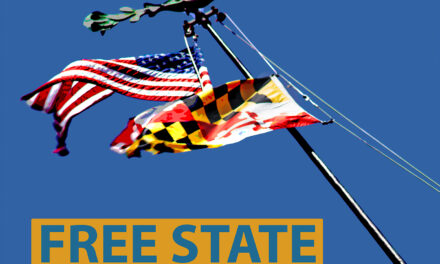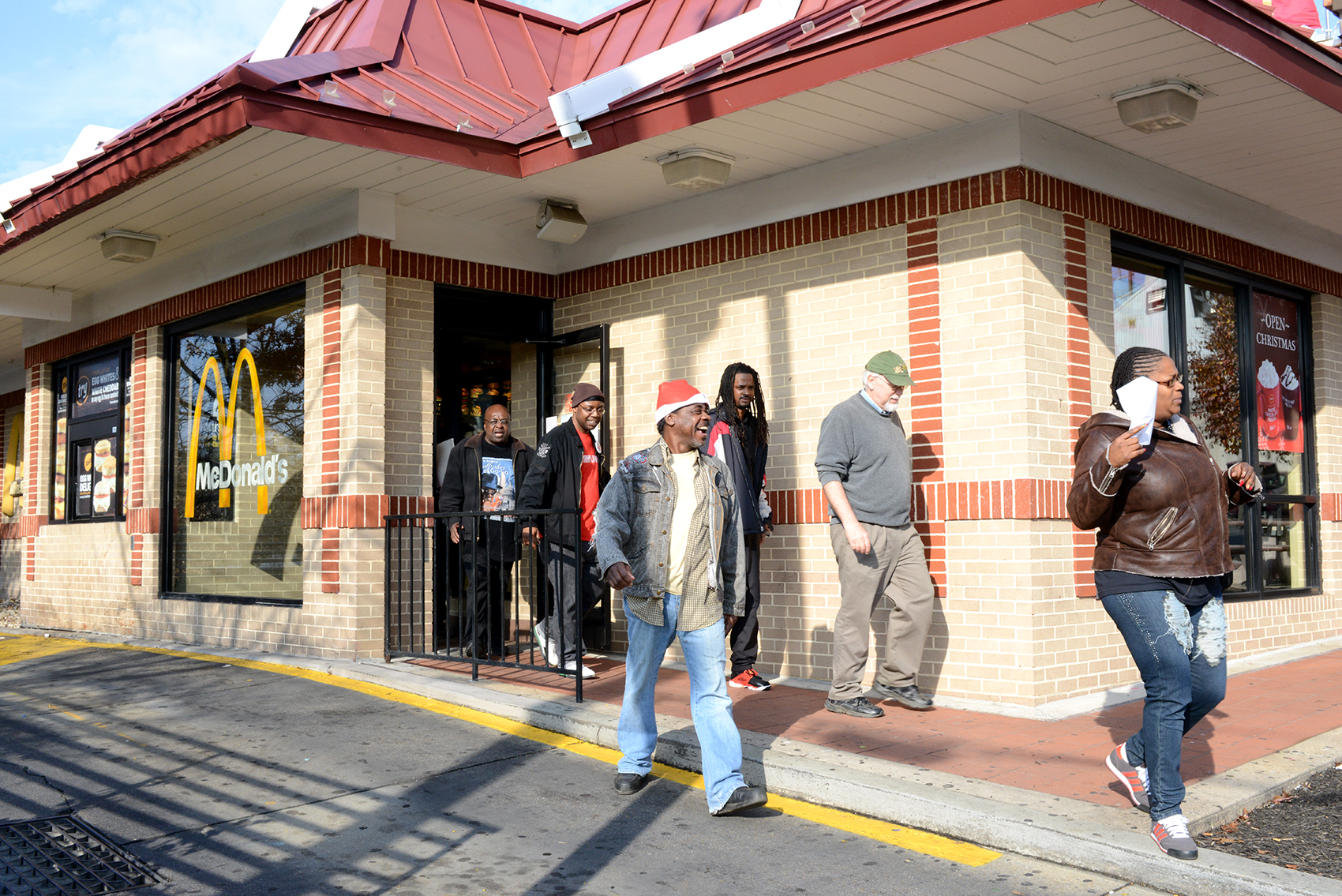Photo above by vlima.com with Flickr Creative Commons License
Tired of all those robocalls that show up as “Unavailable” on your caller-ID, tout “your last chance to reduce your credit rates” or maybe offer free cruise trips with who knows what as part of the deal?
The federal do-not-call list was supposed to stop these calls, but they persist and have even been hitting once off-limits cell phone numbers.
On Tuesday, Maryland Attorney General Doug Gansler and 33 other state attorneys general from around the nation wrote to the Federal Communications Commission asking it to clarify the federal law that the phone companies say prohibit them from using technology to block illegal telemarketing.
The letter from the 34 AGs said that last year at a U.S. Senate hearing “representatives from US Telecom Association and CTIA-The Wireless Association testified that legal barriers prevented carriers from implementing advanced call-blocking technology to reduce the number of unwanted telemarketing calls.”
In the letter, the attorneys general ask how, when and under what circumstances could the phone companies legitimately use available technology to block calls.
“State law enforcement officials are doing everything possible to track down and prosecute those that engage in illegal telemarketing,” the letter said. “However, law enforcement cannot fight this battle alone. Call-blocking technology like NoMoRobo, Call Control, and Telemarketing Guard appears to be the first major advancement towards a solution.”
Seeking clarity
Gansler said: “We are seeking clarity on behalf of all Marylanders who simply want these irritating and unsolicited calls to stop. We must break through the confusion and harness the technology that exists to protect consumers.”
The attorney general’s office handles consumer complaints in Maryland. Alan Brody, a spokesman for the office, said it averages about 30 calls a month on telemarketing issues, and six emails.
Brody said turning these calls into complaints to be investigated is difficult because the telemarketers often use “shadow numbers” and their companies are difficult to identify. When consumers start asking questions about the source of the call, the telemarketers are trained to hang up.
Brody said the technology is so sophisticated that it is difficult to track down anyone to make a conviction.
In one case, a scam artist was using the main number of the attorney general’s office as the shadow number.
–Len Lazarick







About time somebody woke up. These telemarketers use every trick in the book from obtuse caller id’s to using disconnected phone # as cover for their annoying calls. I’ve blocked as many as my phones will accept but they are still coming. I’ve resorted to what so many others have learned through sad experience, if I don’t recognize the number I don’t pick up. If they really want to speak with me, leave a message.
The worst ones are the ones from the guys with the Indian accents who tell me my computer is sending them error messages. I told one of them that was a pant-load of bull hockey & not to call me again. He proceeded to call me repeatedly just to harass me. I called Verizon & was promised that they would put a block on my line so that no one with a hidden number could get through. The next day, I got the same sort of call – from a woman this time.
When I called Verizon to complain, they told me they couldn’t really block “unknown numbers” and all I could do about is was to ignore the calls. Thankfully, the a-double snakes who was harassing me that night gave up after I made it clear that I was on the other line with Verizon, & hasn’t called back. But for Verizon to tell me that they can’t block unknown numbers is bull.
You go, Doug!! Wouldn’t it be nice top have dinner without a telemarketing call?